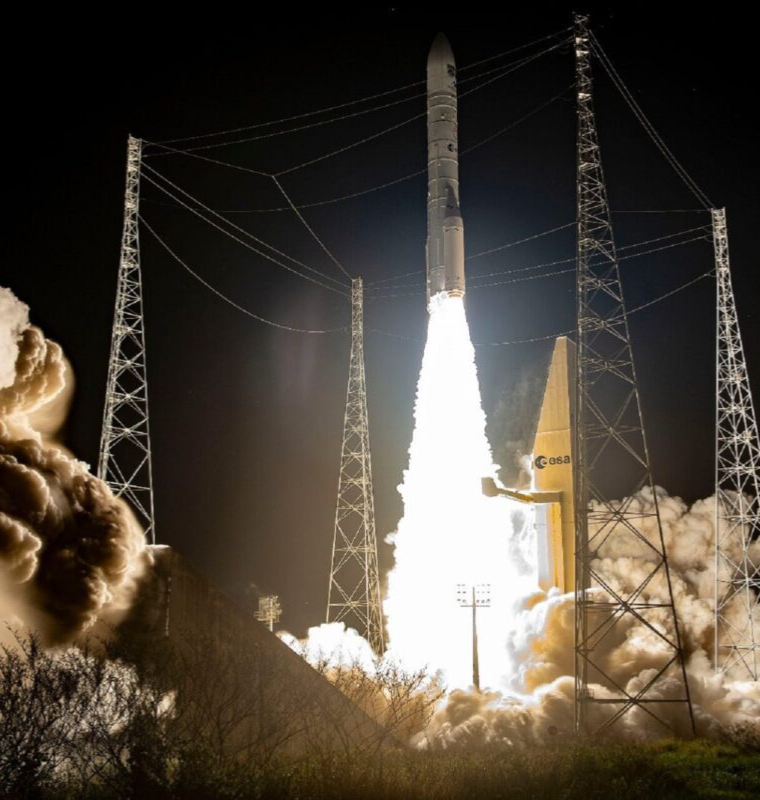Volkswagen Faces Potential Production Slowdowns Amid Global Chip Supply Turmoil
Volkswagen Faces Potential Production Slowdowns Amid Global Chip Supply Turmoil
By
Junia Wells
Last updated:
October 23, 2025
First Published:
October 23, 2025

Photo: ts2.tech
Volkswagen has issued a warning that its vehicle production could face short-term interruptions following growing tensions between the Netherlands and China over the semiconductor manufacturer Nexperia. The dispute has triggered new fears of chip shortages that could ripple through Europe’s already fragile automotive supply chain.
A New Semiconductor Shock for Europe’s Auto Sector
The latest disruption stems from the Dutch government’s decision to seize control of Nexperia, a chipmaker owned by China’s Wingtech Technology. The Netherlands cited national security concerns, claiming it needed to ensure the company’s technology would remain available “in an emergency.”
In response, China imposed export restrictions on Nexperia’s finished chips, effectively halting their shipment to European clients. The move has rattled automakers and suppliers that rely on these components, particularly in Germany—Europe’s largest car-producing nation.
According to the German Association of the Automotive Industry (VDA), the situation could result in “significant production bottlenecks” if the supply issue isn’t resolved soon.
Volkswagen’s Response and Risk Assessment
A spokesperson for Volkswagen confirmed that Nexperia is not a direct supplier, but its chips are used in components sourced from other suppliers. “We are in close contact with all relevant stakeholders to identify potential risks at an early stage,” the spokesperson said. “While production is currently unaffected, short-term effects cannot be ruled out.”
Volkswagen shares slipped 2.2% by mid-afternoon trading in London, as investors reacted to the potential for renewed supply chain stress—an echo of the 2021 global semiconductor shortage that caused billions in lost revenue across the auto industry.
The automaker emphasized that it is actively mapping out alternative sourcing options to reduce reliance on any single semiconductor provider.
How the Nexperia Dispute Escalated
Nexperia, headquartered in Nijmegen, the Netherlands, manufactures over 100 billion semiconductors annually—many of which are essential for automotive power management, sensors, and control units. The company employs more than 15,000 people globally and supplies chips to numerous European automakers.
Following the Dutch takeover, Chinese authorities accused the Netherlands of politically motivated interference and retaliated by blocking Nexperia’s exports. Analysts warn this could set a precedent for further technology decoupling between China and Europe.
According to reports, the Dutch government fears that in a geopolitical crisis, Nexperia’s critical chip technology might become inaccessible to European industries, prompting its intervention under emergency national security laws.
Broader Implications for the Auto Industry
Europe’s car manufacturers are once again facing the risk of halted assembly lines and delayed vehicle deliveries. Semiconductor shortages previously cost automakers an estimated 11.3 million vehicles in lost production between 2020 and 2022, according to AutoForecast Solutions.
If Nexperia’s production and exports remain restricted, thousands of suppliers across Europe could face cascading effects. Companies such as BMW, Mercedes-Benz, and Stellantis are reportedly monitoring the situation closely.
The German Economy Ministry has expressed concern, acknowledging that semiconductors are the backbone of modern manufacturing, and disruptions could have “immediate economic consequences.”
Market Outlook and Strategic Adjustments
For Volkswagen, which produces nearly 9 million vehicles annually, even a brief supply delay can disrupt scheduling across dozens of factories. Analysts suggest the automaker might accelerate its localization strategy by sourcing more chips from European and American foundries.
The European Union has already approved the EU Chips Act, aiming to double Europe’s share of global chip production to 20% by 2030. However, industry experts say the transition will take years and requires more than €40 billion in investment to materialize.
Until then, automakers like Volkswagen remain vulnerable to global supply chain turbulence—and the Nexperia case serves as another reminder of how geopolitical tensions can instantly impact industrial output.
The Road Ahead
While Volkswagen’s operations are not yet directly affected, the company’s cautious tone underscores how sensitive the automotive industry remains to semiconductor disruptions. As Europe attempts to secure chip independence and China tightens export controls, manufacturers are caught in the middle of a high-stakes technological tug-of-war.
If the standoff continues, automakers may need to redesign electronic systems or restructure supplier networks—a process that could take months. For now, all eyes are on diplomatic negotiations between Beijing and The Hague to determine whether the world’s next major chip crisis is just beginning.
Popular articles
Subscribe to unlock premium content
Why Mauritius Is Leading the World in Luxury Underwater Hotel Experiences

The Evolution of Mercedes-Benz From Karl Benz’s First Motorcar to Today’s Luxury and Electric Innovations

The Secret Coffee Economy of Yirgacheffe, Ethiopia, and Its Global Influence

Why Mauritius Is Leading the World in Luxury Underwater Hotel Experiences

The Evolution of Mercedes-Benz From Karl Benz’s First Motorcar to Today’s Luxury and Electric Innovations

Why Mauritius Is Leading the World in Luxury Underwater Hotel Experiences









